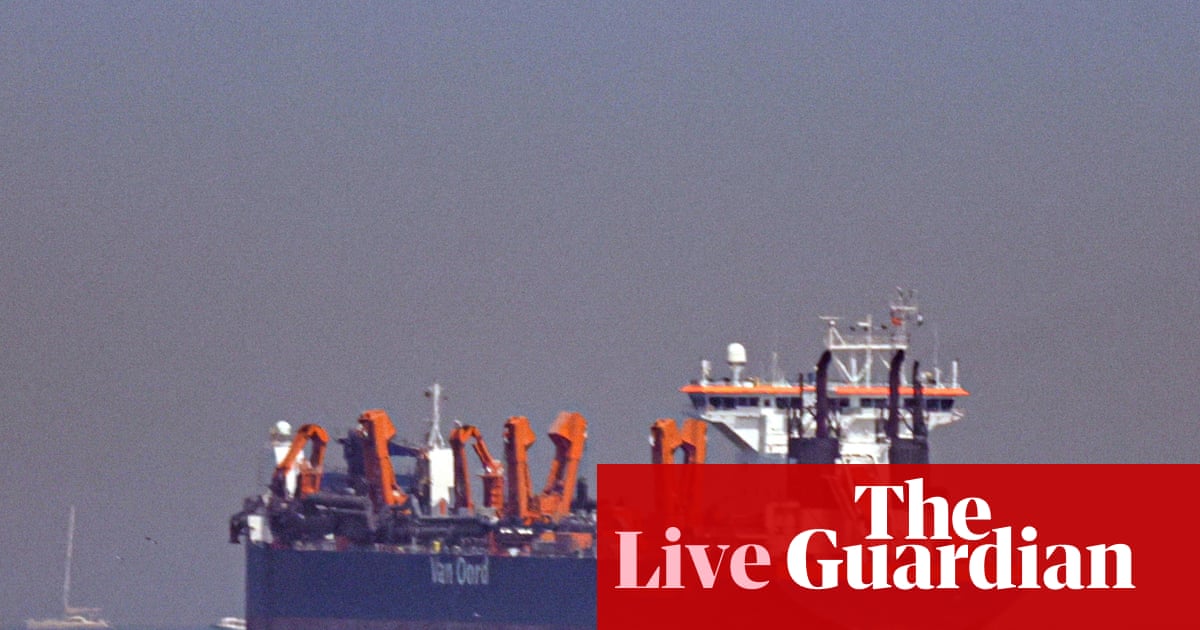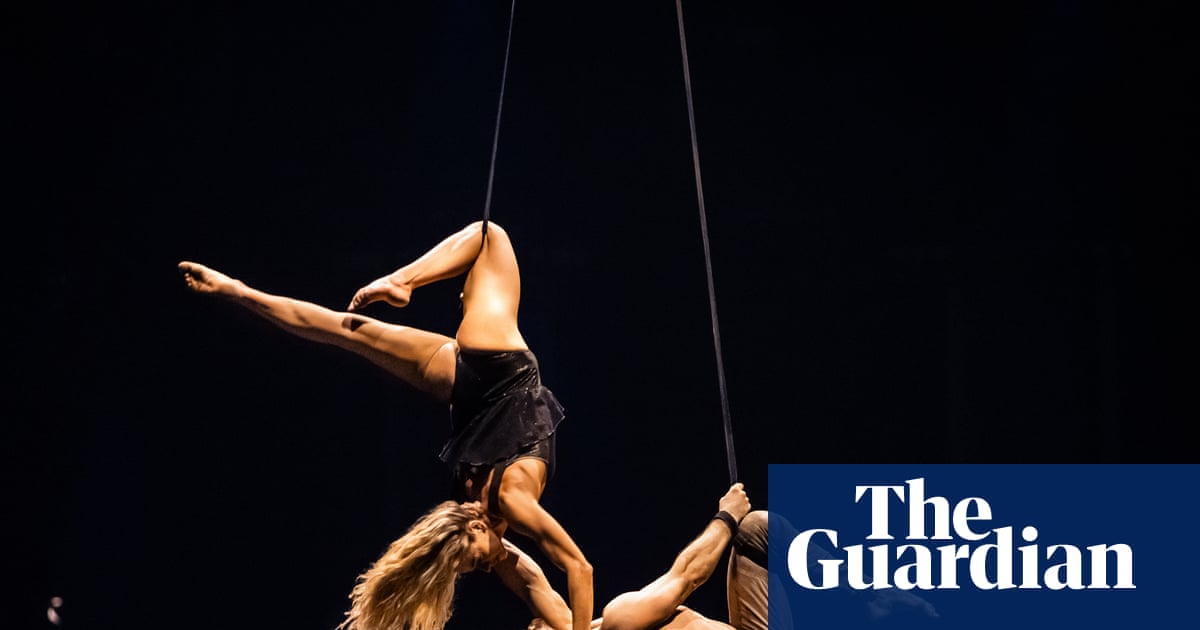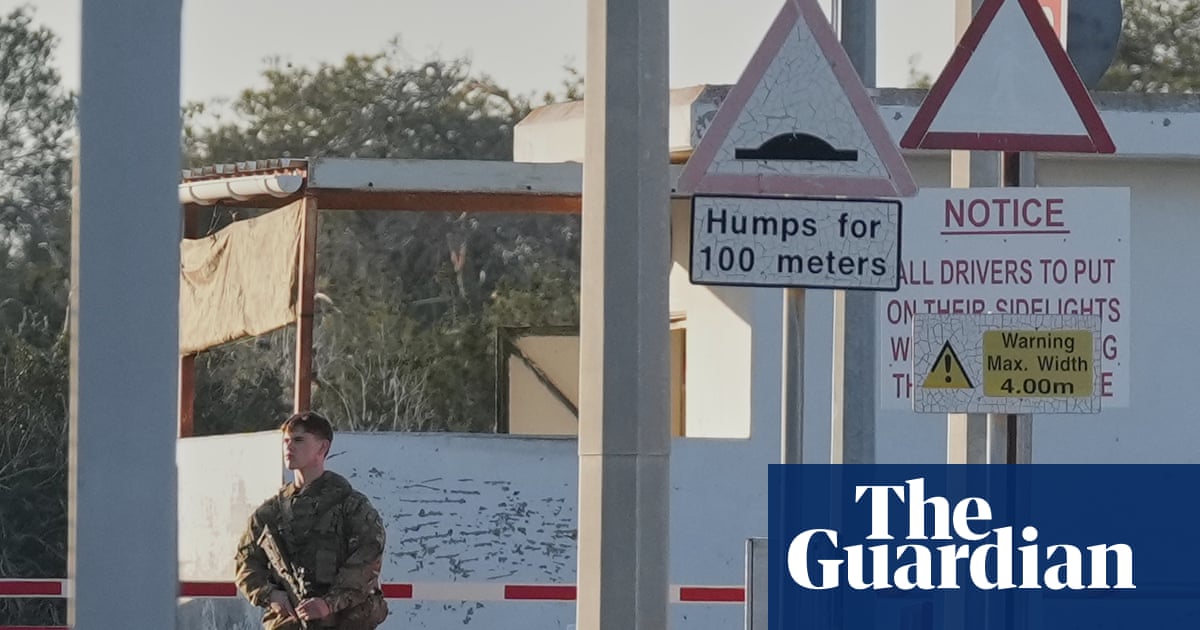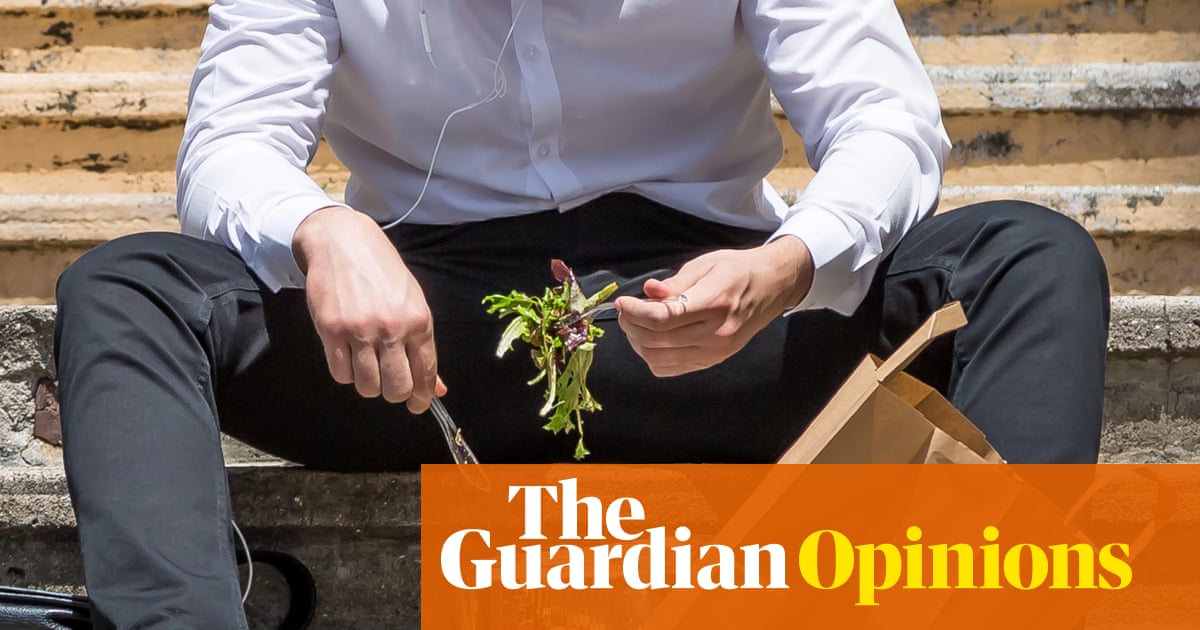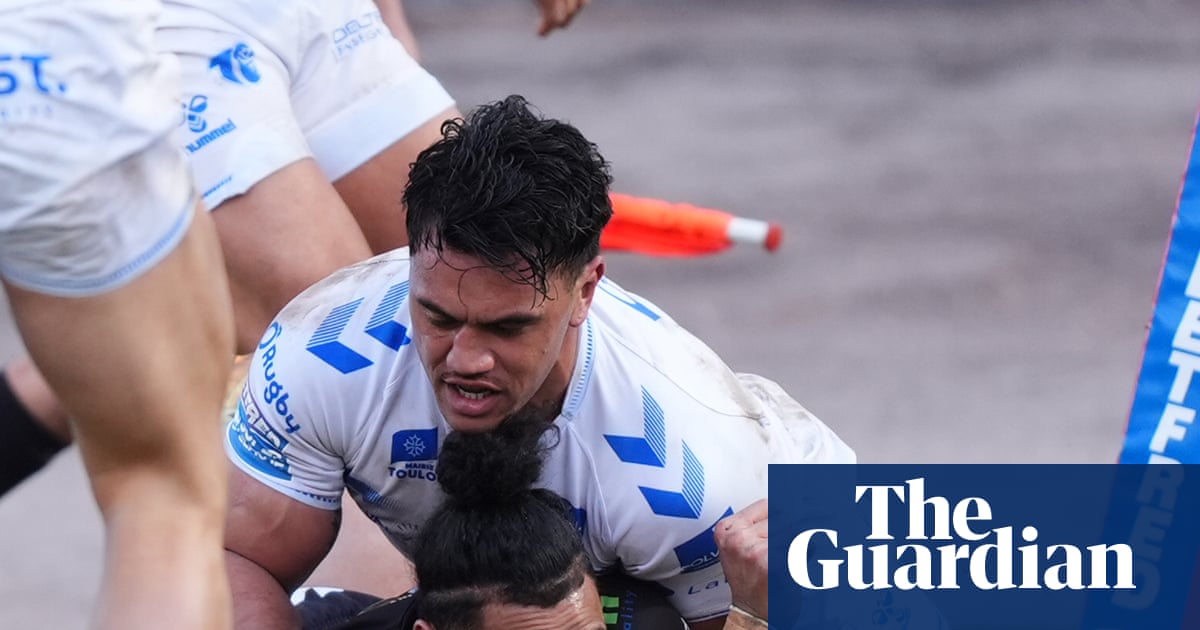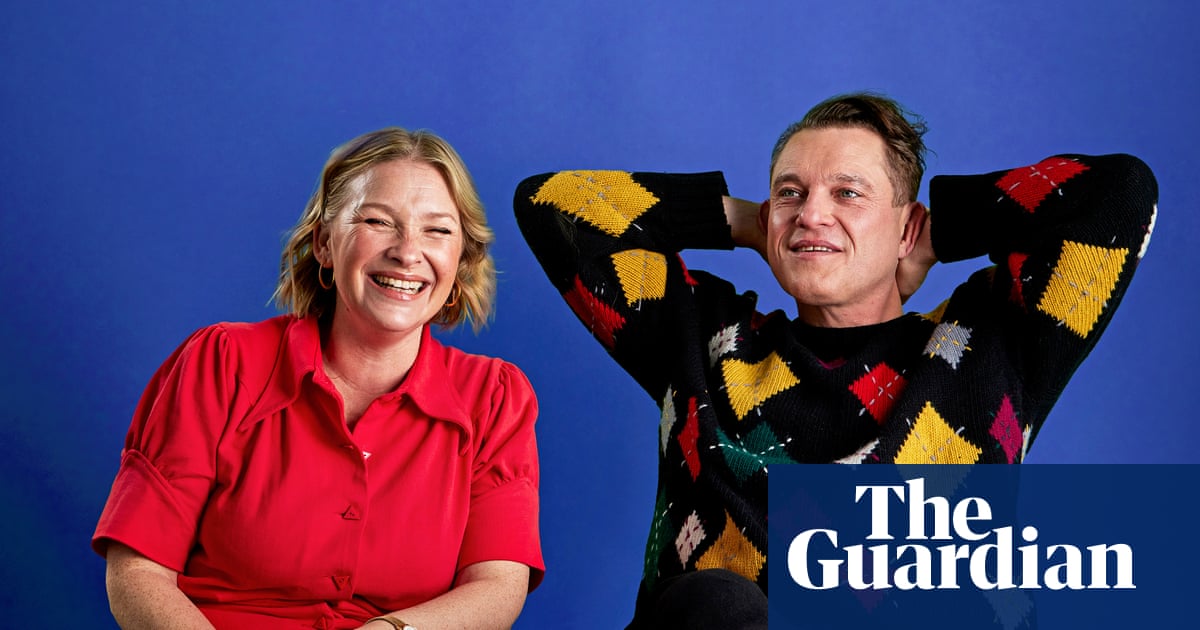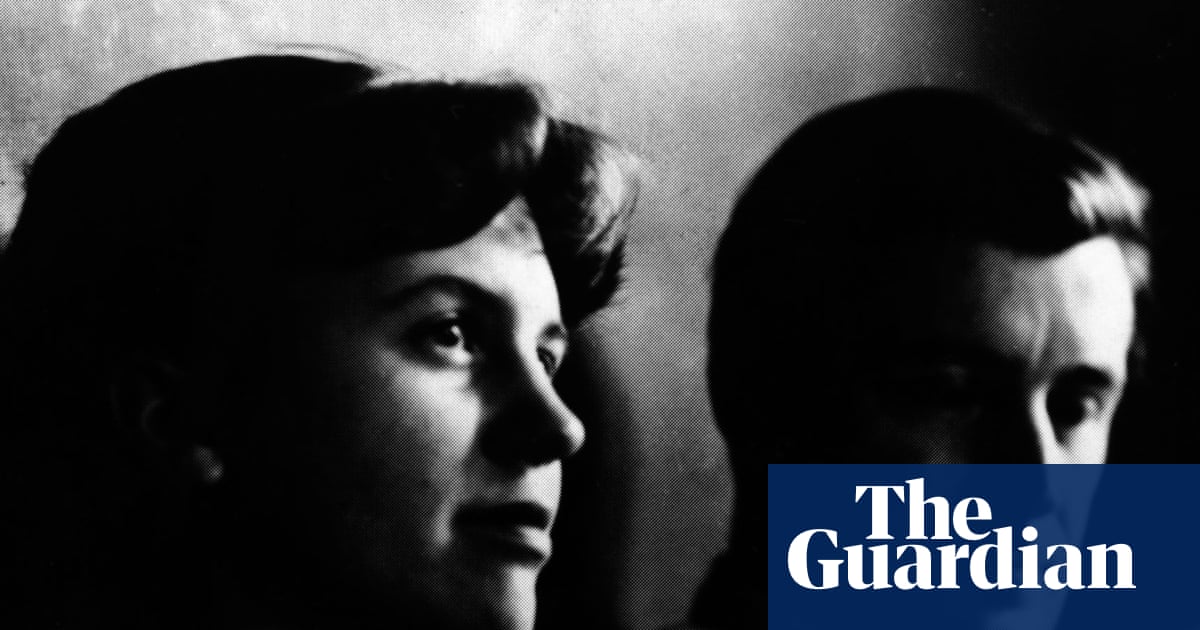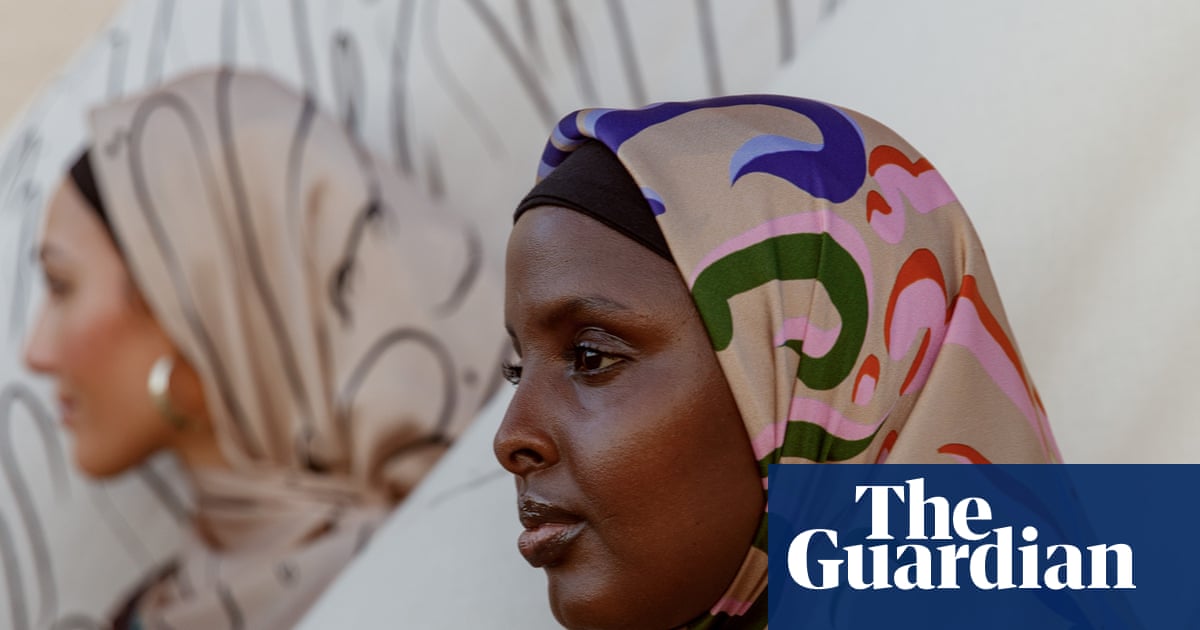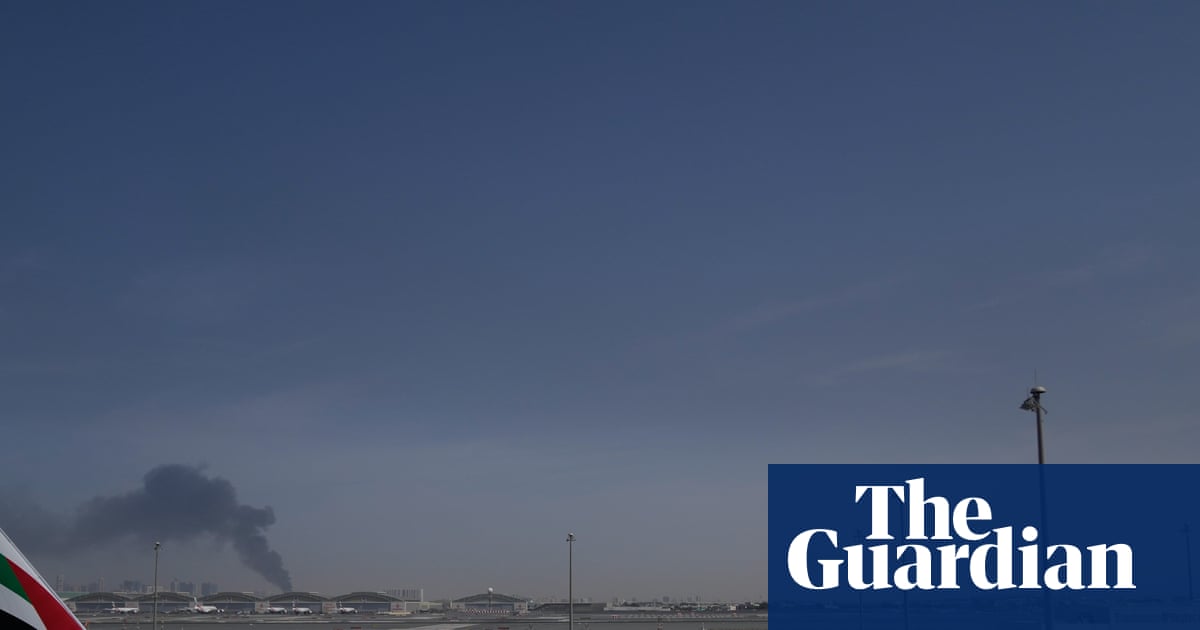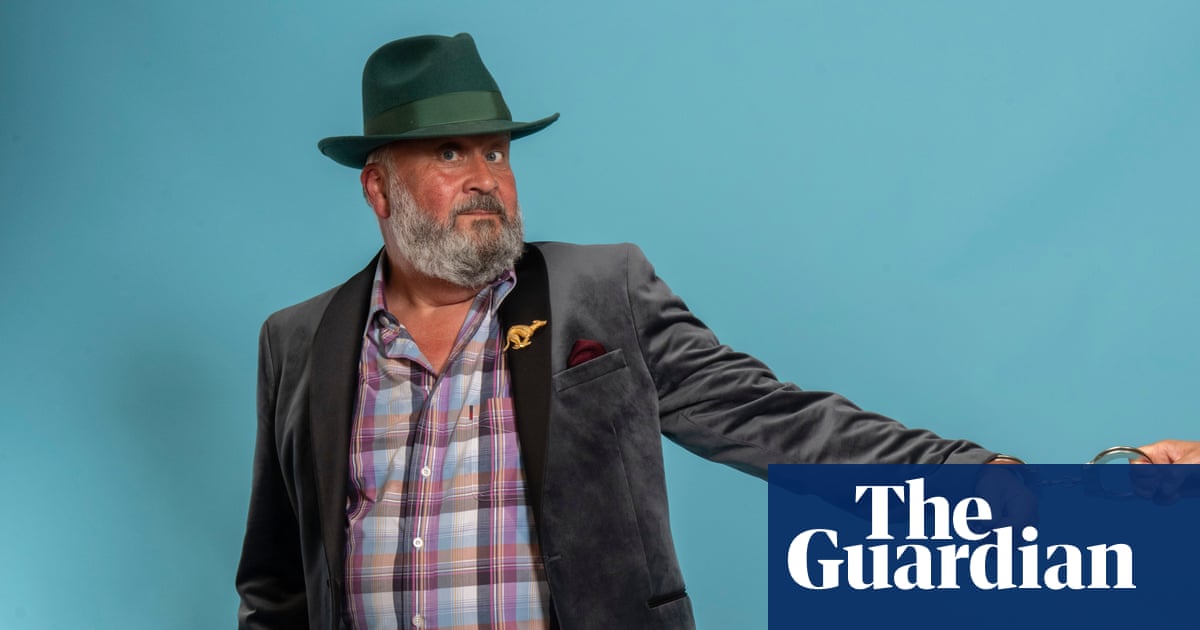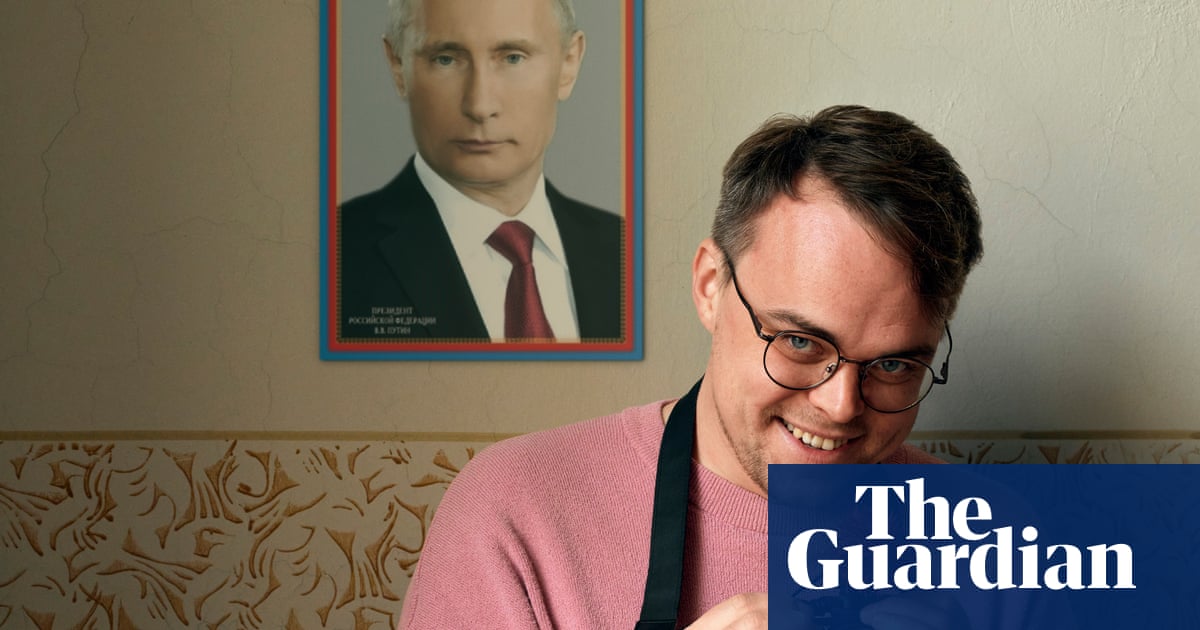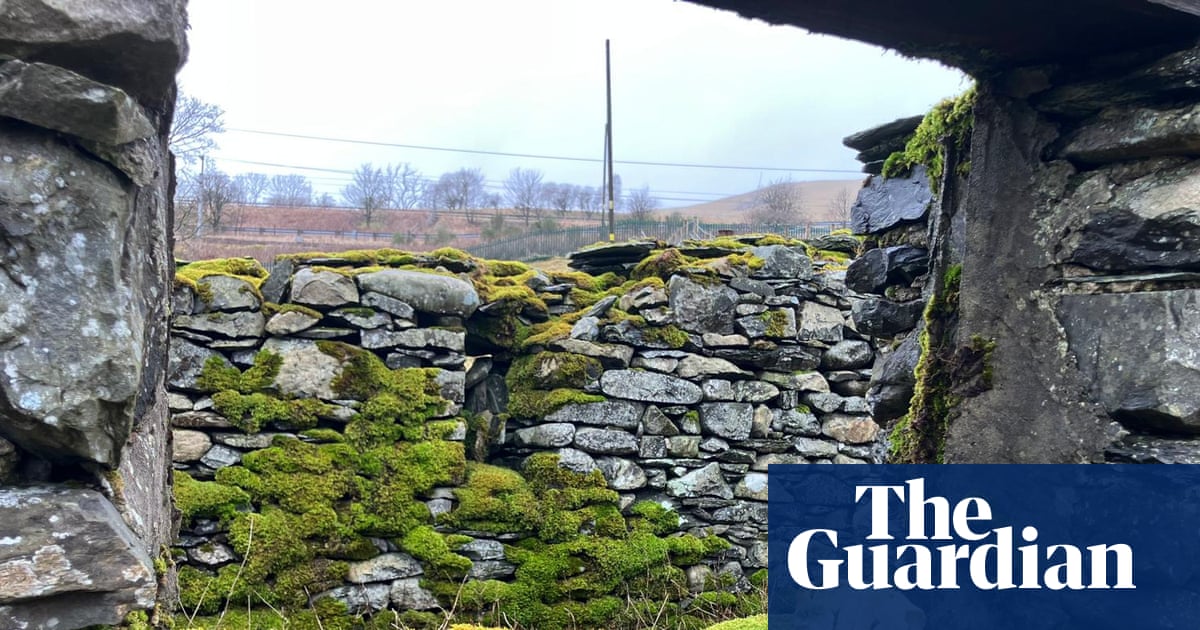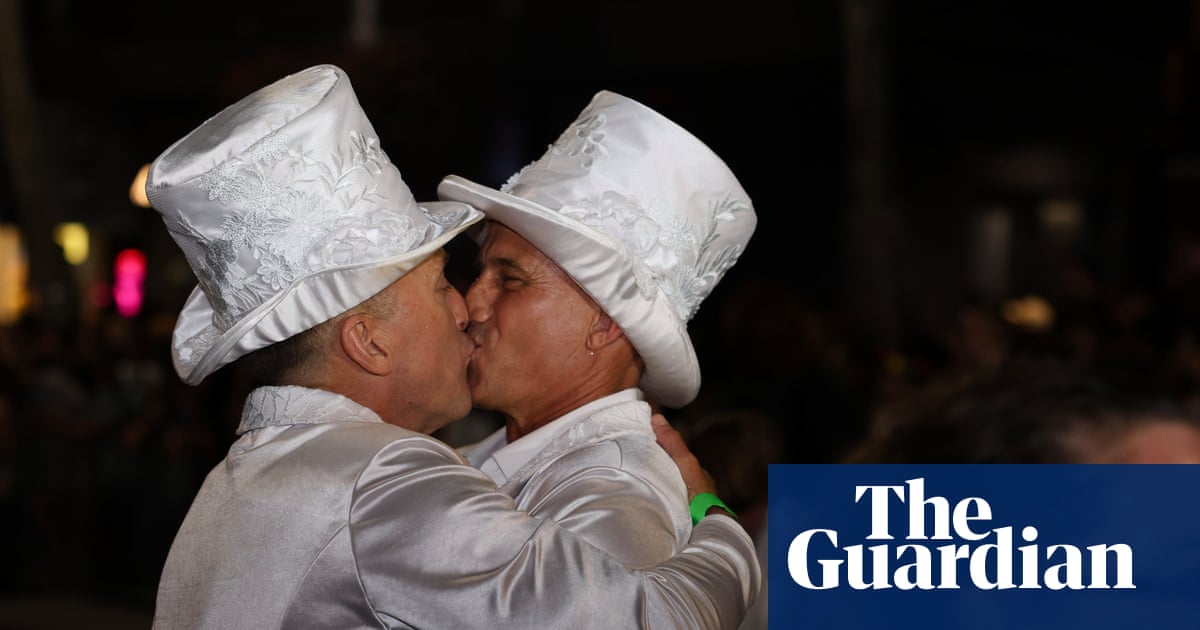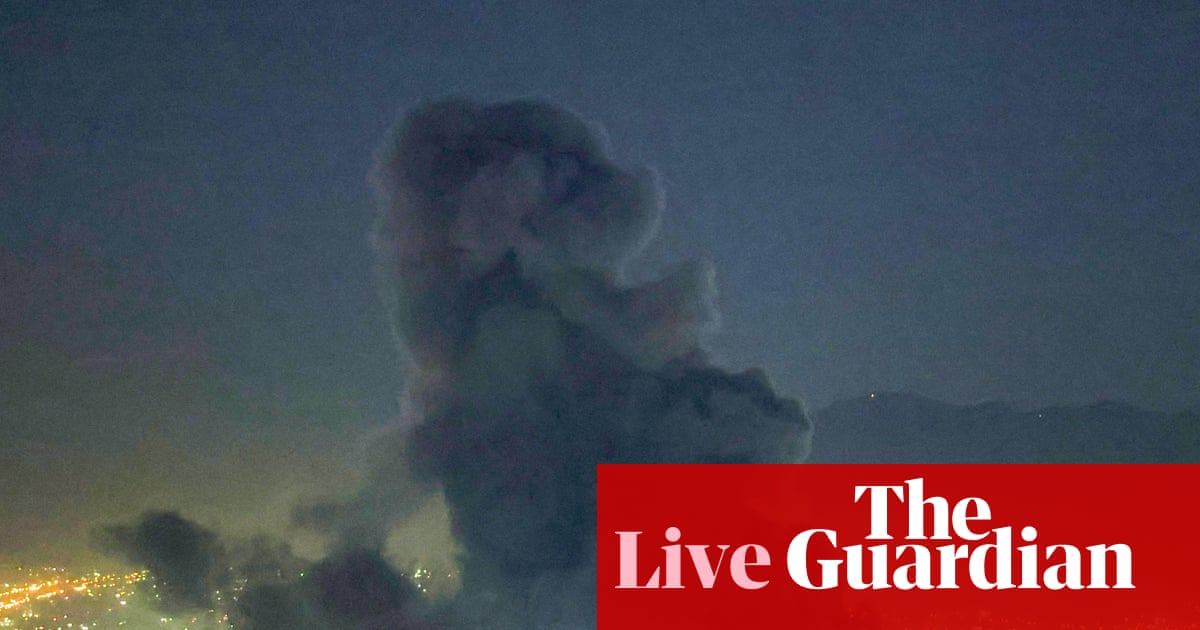“We’ve got a smooth lake at the moment,” Gilbert Enoka says, relaxing in the bar of England’s team hotel in Perth a few days before the battle for the Ashes gets under way. “But the series is going to start and then there’s going to be really, really choppy water in terms of what we actually have to sail. All I want is to help the guys develop structures that can help them be reliable when those waves come.”
Enoka is the mental skills coach most famous for instigating a “no dickheads” policy during his 21 years in the All Blacks dressing room, and a man whose path to the pinnacle of team sport is as remarkable as the impact he has had since getting there. He spent much of his childhood in an orphanage before moving back in with his mother, who had settled with a new partner Enoka describes as “alcoholic, dysfunctional”. At 16 he got out, found a subsidised university course and became a PE teacher, playing volleyball on the side, well enough eventually to represent his country.
“I was looking at ways to get better and found that most of the problems people were having were in the mind, in their heads,” he says. “Mistakes, setbacks, self-doubt, all those things. I started looking at that and created, before I knew it, a high-performance environment in the teams I was coaching.”
One day Wayne Smith, then an All Black and also part-time PE kit salesman, arrived at his school looking to make a sale. He and Enoka had coffee. “He was struggling with the expectations and the scrutiny and the consequences of being in the fishbowl,” Enoka says. “I told him about what I was doing and he loved it, so I started working with him.”
After retiring from playing Smith went into coaching and took Enoka with him, all the way to the All Blacks. He stayed there through a total of 304 games and a period of extraordinary success, and both during that time and since has worked with a variety of other teams, in New Zealand and beyond. “All I wanted to do was help my team to get better, and I wanted to perform better personally,” he says. “I was really set on that, and I fell into all those other roles really. It was never my intention to create a vocation.”
He first came across Brendon McCullum when England’s current coach was coming through New Zealand’s academy, and the two clicked. A foundational moment in their relationship came in 2014, when McCullum was captaining a Black Caps side in a Test against Pakistan as news filtered through that the Australian batter Phil Hughes, a friend of many on the team, had died. Struggling to understand how to motivate himself and his side, McCullum called Enoka.
“I looked around the dressing room and felt that no one wanted to be playing cricket. It had lost all meaning,” McCullum said in 2016. “That night I rang Gilbert and told him I didn’t know what to do. He was incredible. He said we should not judge anything anyone did during the week, that people should grieve in their own way and concentrate their energy and emotions on themselves rather than the team. Most meaningfully, Gilbert said: ‘All your preparation, all you have ever thought about in cricket, just throw it out the window for this game.’
“In saying this, it was like he took the weight off my shoulders and gave me a way to deal with what was happening. I [told] the team that there would be no judgement on any player’s performance and no consequence for failure. The outcome of the no-consequence play was a revelation to me. I suspect it was something I had been trying to achieve on a personal level for years. Gilbert Enoka’s ‘no consequences’ brought a ‘joy of life’ in a cricketing sense that was richly ironic but nevertheless liberating.”
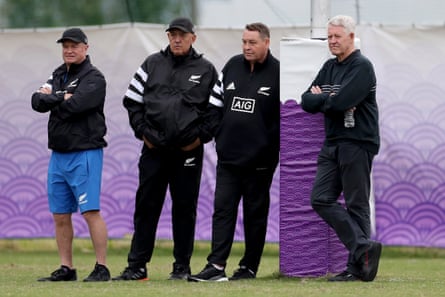
At stumps the next day McCullum was unbeaten on 153, and he eventually scored 202 off just 188 balls as New Zealand won by an innings and 80 runs. McCullum’s approach to playing – and, in time, coaching – was transformed.
“His gift is, it’s a game, you know?” Enoka says. “I’ve found he’s got a healthy perspective in that way, where other coaches I’ve worked with become so obsessed about wanting success that it creates an anxiety that oozes out of them and infects everybody in the shed. He has none of that. In fact it’s the opposite, he has a calming effect. I’ve been in a lot of dressing-rooms and it’s a rare commodity. He’s got it really, really in perspective.”
Earlier this year, looking for ways to get his England team in the best possible shape for the Ashes, McCullum asked Enoka for help. “The initial conversation was: ‘We’ve got an opportunity to go to the next level, and success in this series will set us on a path towards achieving that.’ We just talked about what we need to do to ensure we can give ourselves the best chance of doing it,” Enoka says.
“I shot over to London, did a session there and I didn’t meet one dickhead, which surprised me. He’d created an environment that was very free. I don’t mean free as in happy-go-lucky, he was allowing the players to be free in how they express themselves. That’s rare in a coach – he has a rare ability and I’m learning off him by the way. So I came over and did a couple of the India Tests and being back inside a cricket dressing room was wonderful. The length of the day, very different to a rugby game. And the mental toll, the emotional toll that goes into the performances and the struggles that go on in a session and in moments, they make the game of rugby look tame, to be fair. You don’t have the physical brutality, but you have that emotional toll that’s constant.”
after newsletter promotion
Since the English summer Enoka’s genial, avuncular presence has become familiar around the England squad. He was with the white-ball team in New Zealand last month, has been in Perth for much of the build-up to the first Ashes Test and plans to return later in the series. While he has run a couple of group sessions, despite McCullum’s strong preference for avoiding them, typically he comes to training, observes, makes himself available. “I just watch, look, see what people are doing, see how they’re carrying themselves, and challenge them around their structures and their systems,” he says. “We want people to put their hand up if they’re struggling. We want them to ask questions about structures that will actually stand the test of the arena. I’ll make observations and just respond to the needs of the moment.”
“I think he’s brilliant,” Joe Root says. “When you get influence from, whether it’s a crossover of sports or people coming from a slightly different culture, they’re able to give you almost a different pair of glasses to see the world through. I think that can widen your eyes a lot, and can really help the team. You grow up seeing cricket, seeing certain situations, how to play the game – it’s very rigid sometimes. But there’s another level that we can go to. If you can sit there as a player and you think that’s a possibility, it’s exciting. You want to get there, you want to be a part of that. It’s not something you can just snap your fingers and expect to happen overnight. You’ve got to work, to buy in to something for a long period of time and commit to it.”
Enoka, whose book, Becoming Unstoppable, is on its third reprint after topping the NZ publishing charts, believes that the quality of a team’s leaders is key to their chances of success, and in McCullum as coach and Ben Stokes as captain that is one of this England side’s great strengths. “If the leadership’s not right it’s unwinnable down below, you know, and in Baz you’ve got a leader that is quite unique. He’s comfortable being in his own skin and he knows his method,” he says. “The great thing about him is, as a player, he knew what helped him and what hindered him. And the thing about Baz is when he’s got something that hinders him, it don’t last long. It’s gone real quick. And then you’ve got a skipper like Ben, well, his record tells it all: he’s a stallion. I’m very impressed with both of them, and each in their own way will be tested throughout the next two months.”
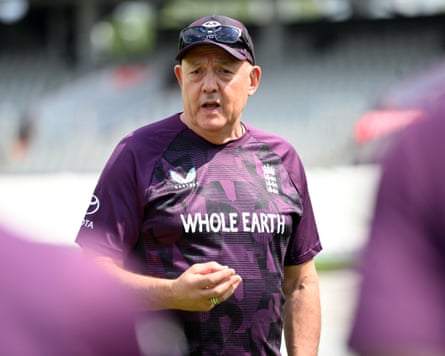
That test is one that English teams generally fail. They have won the Ashes in Australia only once in nine attempts since 1986, and in their last three series here have lost 13 matches without winning any. “History doesn’t lie, but the past doesn’t have to tell the future what to do,” Enoka says. “A lot of people would say, well, I’m playing in the Ashes and what if we lose? What if I don’t go well? That sinks you into a wormhole, that pulls you into a vortex and you go down. But, you know, what if we are successful? What if we go great?
“This is the Everest, the biggest. To come over to Australia, this beautiful country, and to play in their backyard in a series that has this iconic history to it, what a privilege that is. This is probably the greatest test a cricketer will have in their lifetime, and who wouldn’t want that? Imagine going through your life as an English cricketer and not playing the Ashes? Who the hell would want that? It’s a matter of leaning into it and saying: ‘OK, yep, they’re great, they’ve got a great record, they’re strong, bolshy, skilful, all those sort of things. But I’m not going to back down. I’m going to test my skill against yours and let’s go to war, let’s have a contest.’ Pressure’s not the enemy, it’s the arena. That perspective and framing is important, otherwise it becomes a burden and you’re crushed before you start.”
England’s preparations for the Ashes have been criticised for their brevity, but at the same time they have been years in the making. Now, finally, they are almost over. “How are we going to go? Don’t know. But I know that we’re going to fight in every moment,” Enoka says. “It’ll be exciting, and we’ll get things we expect, we’ll get things we don’t expect, and there will be days we wake up and know that everything we’ve worked for will come down to what happens today. It can be a session, it can be an over, but these boys are preparing for the fight. And, you know, I care for these guys. They’re a brilliant group of men. They’re about to go to war, and I want to be in the trench with them.”

.png) 3 months ago
35
3 months ago
35
